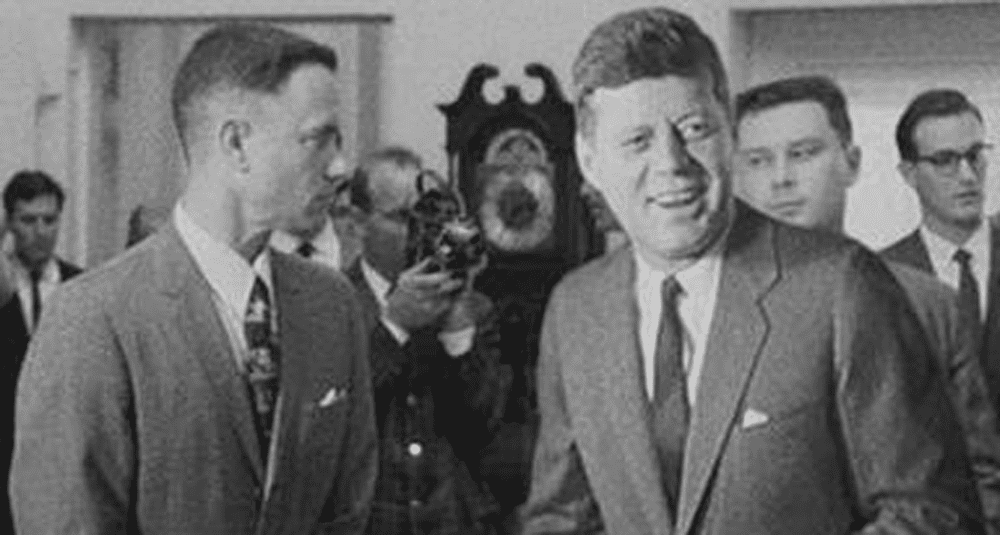How many Oscars has Forrest Gump received?
Last Updated:
The film Forrest Gump, despite its air of a modern tale, has its roots in Winston Groom’s novel of the same name. Although the film and the book share a main character and a basic narrative, the divergences are notable, emphasizing a skillfully woven fiction rather than a retranscription of actual events. Forrest himself, embodied on screen by Tom Hanks, is an amalgam of human experience and creative invention, moving away from authentic biography.
Forrest Gump is not only a journey through one man’s life, but also through the defining events of American history. The character of Forrest finds himself involved, often in spite of himself, in key moments such as the Watergate scandal, the Vietnam War and civil rights rallies. The magic of special effects, particularly rotoscoping, allowed Forrest to be inserted into archival footage, creating a fluid interaction with historical figures such as Presidents Kennedy and Johnson, and leader John Lennon, blurring the boundaries between fiction and reality.
The locations where Forrest Gump was shot have become as iconic as the film itself. Scenes were shot across the United States, from the vibrant Chippewa Square in Savannah, Georgia, where Forrest tells his story, to the sumptuous landscapes of Monument Valley. These varied settings provide a believable backdrop to Forrest’s wanderings, with each location chosen for its resonance with the times and events depicted, reflecting America’s geographical and cultural diversity.
Forrest Gump, played with touching sincerity by Tom Hanks, is the heart of the eponymous film. This character, endowed with below-average intelligence but great moral integrity, evolves remarkably on screen, from an often-mocked child to a man who has unknowingly influenced the history of America. His influence on those around him is profound: he offers a vision of the world devoid of cynicism, changing the lives of those he meets through his naive kindness and perseverance.
The film doesn’t explicitly diagnose Forrest Gump, but it’s clear that he suffers from an intellectual disability, characterized by a below-average IQ. It is speculated that Forrest may have autistic traits, although this is never confirmed in the film. He represents a spectrum of cognitive and social challenges, but the film focuses more on his skills and resilience than on his limitations.
You may also be interested in
entertainment

How many Oscars has Forrest Gump received?
Answer
Forrest Gump is an American comedy-drama directed by Robert Zemeckis, released in 1994 and awarded six Oscars.